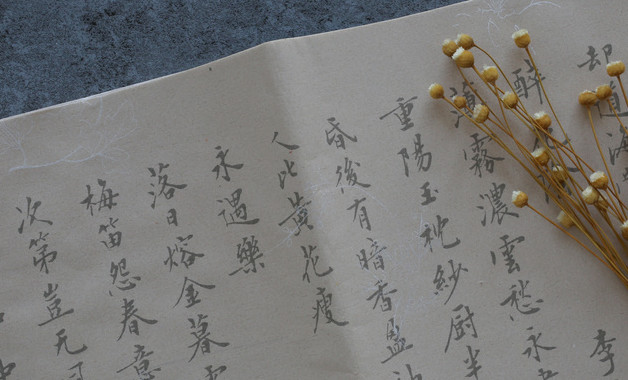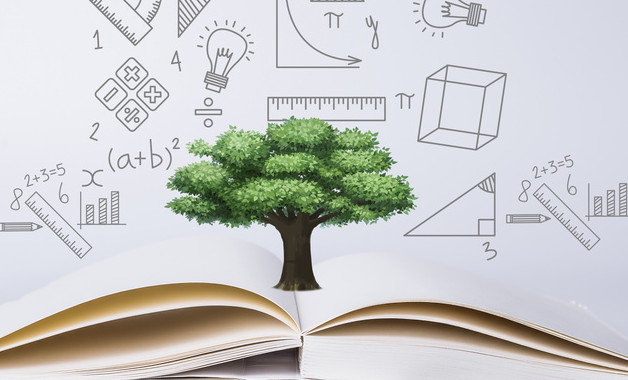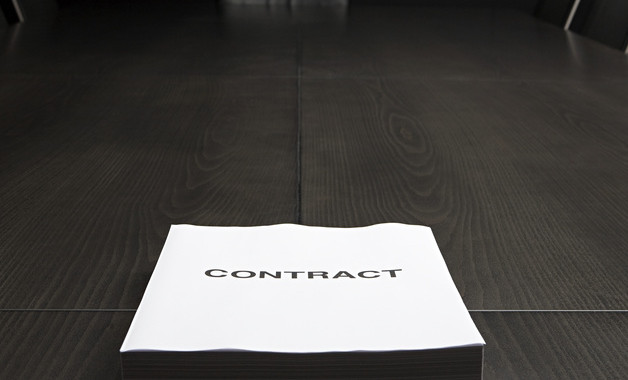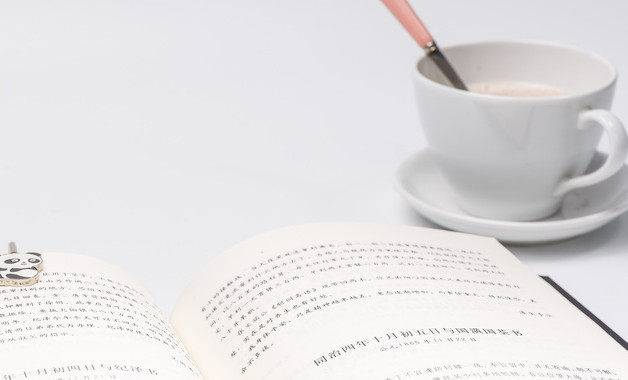
第1篇 艾玛沃森联合国演讲稿中英文
艾玛·沃特森(emma watson),1990年4月15日出生于法国巴黎,英国女演员。以下是小编整理了艾玛沃森联合国演讲稿,希望你喜欢。
艾玛沃森联合国演讲稿中英文
emma watson: gender equality is your issue too
艾玛 沃森:性别平等也关乎你
speech by un women goodwill ambassador emma watson at a special event for the heforshe campaign, united nations headquarters, new york, 20 september 20xx
联合国妇女亲善大使艾玛?沃森在20xx年9月20日纽约联合国总部为“他为她”运动举行的特别活动上的演讲
today we are launching a campaign called “heforshe.”
i am reaching out to you because i need your help. we want to end gender inequality—and to do that we need everyone to be involved.
this is the first campaign of its kind at the un: we want to try and galvanize as many men and boys as possible to be advocates for gender equality. and we don’t just want to talk about it, but make sure it is tangible.
今天,我们启动了一项名为“他为她”的运动。
我向你伸出手,因为我需要你的帮助。我们希望终结性别不平等——为此,我们需要所有人都参与其中。
这是联合国同类运动中的第一项:我们希望努力并激励尽可能多的男人和男孩倡导性别平等。而且希望这(性别平等)不只是空谈,而是确确实实的看得见摸得着。
i was appointed six months ago and the more i have spoken about feminism the more i have realized that fighting for women’s rights has too often become synonymous with man-hating. if there is one thing i know for certain, it is that this has to stop.
for the record, feminism by definition is: “the belief that men and women should have equal rights and opportunities. it is the theory of the political, economic and social equality of the sexes.”
六个月前,我被任命为联合国妇女亲善大使。而随着我谈论女权主义越多,我越发现,“争取女性权益”太容易被当作是“憎恨男人”的同义词。如果说有一件事是我确实知道的,那就是,这样的误解必须停止。
必须郑重声明,女权主义的定义是:“相信男性和女性应该拥有平等权利和机会。它是性别间政治、经济和社会平等的理论。”
i started questioning gender-based assumptions when at eight i was confused at being called “bossy,” because i wanted to direct the plays we would put on for our parents—but the boys were not.
when at 14 i started being sexualized by certain elements of the press.
when at 15 my girlfriends started dropping out of their sports teams because they didn’t want to appear “muscly.”
when at 18 my male friends were unable to express their feelings.
8岁时,我开始质疑某些基于性别的假设。我不明白,为什么我想在为家长上演的戏剧里担任导演,就会被说成“专横”,而男孩们则不会;
14岁时,我开始被媒体报道的某些元素性别化;
15岁时,我的女性朋友们开始退出各自的运动队,因为她们不希望显得“肌肉发达”;
18岁时,我的男性朋友们无法表达他们的感受。
i decided i was a feminist and this seemed uncomplicated to me. but my recent research has shown me that feminism has become an unpopular word.
apparently i am among the ranks of women whose expressions are seen as too strong, too aggressive, isolating, anti-men and, unattractive.
why is the word such an uncomfortable one?
我认为自己是一名女权主义者,这(身份认定)对我来说并不难。但我最近的调查发现,女权主义已经成为一个不受欢迎的词。
显然,我成了那些言辞看起来过于强势、过于激进、孤立、反男性、不吸引人的女性行列中的一员。
为什么这个词如此令人不安?
i am from britain and think it is right that as a woman i am paid the same as my male counterparts. i think it is right that i should be able to make decisions about my own body. i think it is right that women be involved on my behalf in the policies and decision-making of my country. i think it is right that socially i am afforded the same respect as men. but sadly i can say that there is no one country in the world where all women can expect to receive these rights.
no country in the world can yet say they have achieved gender equality.
我来自英国,我认为身为女性,我应该和男性同行获得一样的报酬。我认为我应该自己为自己的身体做决定。我认为应该有女性代表我参与政治,以及我的国家的决策制定。我认为在社会上,我应该和男性获得相同的尊重。但遗憾的是,世界上没有一个国家能使所有的女性都能获得上述权利。
世界上没有一个国家能说,他们已经实现了性别平等。
these rights i consider to be human rights but i am one of the lucky ones. my life is a sheer privilege because my parents didn’t love me less because i was born a daughter. my school did not limit me because i was a girl. my mentors didn’t assume i would go less far because i might give birth to a child one day. these influencers were the gender equality ambassadors that made who i am today. they may not know it, but they are the inadvertent feminists who are. and we need more of those. and if you still hate the word—it is not the word that is important but the idea and the ambition behind it. because not all women have been afforded the same rights that i have. in fact, statistically, very few have been.
这些权利,我认为是每个人都该享有,然而(事实是)我只是众多幸运儿中的一个。我的生活是完完全全的特例,因为我的父母没有因为我生为女儿而减少对我的爱,我的学校没有因为我是女孩而限制我,我的导师没有因为我将来可能要生孩子而认为我会走不远。这些影响了我的人,都是性别平等大使,是他们造就了今天的我。他们也许并不知道,但他们是无心的女权主义者。而我们现在,则需要更多这样的人。所以,如果你仍然憎恨这个词——重要的不是这个词,而是它背后的想法和抱负。因为并不是所有女性都能够享有我所拥有的权利。事实上,从统计数据看,真的非常少。
when at 14 i started being sexualized by certain elements of the press.
when at 15 my girlfriends started dropping out of their sports teams because they didn’t want to appear “muscly.”
when at 18 my male friends were unable to express their feelings.
8岁时,我开始质疑某些基于性别的假设。我不明白,为什么我想在为家长上演的戏剧里担任导演,就会被说成“专横”,而男孩们则不会;
14岁时,我开始被媒体报道的某些元素性别化;
15岁时,我的女性朋友们开始退出各自的运动队,因为她们不希望显得“肌肉发达”;
18岁时,我的男性朋友们无法表达他们的感受。
i decided i was a feminist and this seemed uncomplicated to me. but my recent research has shown me that feminism has become an unpopular word.
apparently i am among the ranks of women whose expressions are seen as too strong, too aggressive, isolating, anti-men and, unattractive.
why is the word such an uncomfortable one?
我认为自己是一名女权主义者,这(身份认定)对我来说并不难。但我最近的调查发现,女权主义已经成为一个不受欢迎的词。
显然,我成了那些言辞看起来过于强势、过于激进、孤立、反男性、不吸引人的女性行列中的一员。
为什么这个词如此令人不安?
i am from britain and think it is right that as a woman i am paid the same as my male counterparts. i think it is right that i should be able to make decisions about my own body. i think it is right that women be involved on my behalf in the policies and decision-making of my country. i think it is right that socially i am afforded the same respect as men. but sadly i can say that there is no one country in the world where all women can expect to receive these rights.
no country in the world can yet say they have achieved gender equality.
我来自英国,我认为身为女性,我应该和男性同行获得一样的报酬。我认为我应该自己为自己的身体做决定。我认为应该有女性代表我参与政治,以及我的国家的决策制定。我认为在社会上,我应该和男性获得相同的尊重。但遗憾的是,世界上没有一个国家能使所有的女性都能获得上述权利。
世界上没有一个国家能说,他们已经实现了性别平等。
these rights i consider to be human rights but i am one of the lucky ones. my life is a sheer privilege because my parents didn’t love me less because i was born a daughter. my school did not limit me because i was a girl. my mentors didn’t assume i would go less far because i might give birth to a child one day. these influencers were the gender equality ambassadors that made who i am today. they may not know it, but they are the inadvertent feminists who are. and we need more of those. and if you still hate the word—it is not the word that is important but the idea and the ambition behind it. because not all women have been afforded the same rights that i have. in fact, statistically, very few have been.
这些权利,我认为是每个人都该享有,然而(事实是)我只是众多幸运儿中的一个。我的生活是完完全全的特例,因为我的父母没有因为我生为女儿而减少对我的爱,我的学校没有因为我是女孩而限制我,我的导师没有因为我将来可能要生孩子而认为我会走不远。这些影响了我的人,都是性别平等大使,是他们造就了今天的我。他们也许并不知道,但他们是无心的女权主义者。而我们现在,则需要更多这样的人。所以,如果你仍然憎恨这个词——重要的不是这个词,而是它背后的想法和抱负。因为并不是所有女性都能够享有我所拥有的权利。事实上,从统计数据看,真的非常少。
when at 14 i started being sexualized by certain elements of the press.
when at 15 my girlfriends started dropping out of their sports teams because they didn’t want to appear “muscly.”
when at 18 my male friends were unable to express their feelings.
8岁时,我开始质疑某些基于性别的假设。我不明白,为什么我想在为家长上演的戏剧里担任导演,就会被说成“专横”,而男孩们则不会;
14岁时,我开始被媒体报道的某些元素性别化;
15岁时,我的女性朋友们开始退出各自的运动队,因为她们不希望显得“肌肉发达”;
18岁时,我的男性朋友们无法表达他们的感受。
i decided i was a feminist and this seemed uncomplicated to me. but my recent research has shown me that feminism has become an unpopular word.
apparently i am among the ranks of women whose expressions are seen as too strong, too aggressive, isolating, anti-men and, unattractive.
why is the word such an uncomfortable one?
我认为自己是一名女权主义者,这(身份认定)对我来说并不难。但我最近的调查发现,女权主义已经成为一个不受欢迎的词。
显然,我成了那些言辞看起来过于强势、过于激进、孤立、反男性、不吸引人的女性行列中的一员。
为什么这个词如此令人不安?
i am from britain and think it is right that as a woman i am paid the same as my male counterparts. i think it is right that i should be able to make decisions about my own body. i think it is right that women be involved on my behalf in the policies and decision-making of my country. i think it is right that socially i am afforded the same respect as men. but sadly i can say that there is no one country in the world where all women can expect to receive these rights.
no country in the world can yet say they have achieved gender equality.
我来自英国,我认为身为女性,我应该和男性同行获得一样的报酬。我认为我应该自己为自己的身体做决定。我认为应该有女性代表我参与政治,以及我的国家的决策制定。我认为在社会上,我应该和男性获得相同的尊重。但遗憾的是,世界上没有一个国家能使所有的女性都能获得上述权利。
世界上没有一个国家能说,他们已经实现了性别平等。
these rights i consider to be human rights but i am one of the lucky ones. my life is a sheer privilege because my parents didn’t love me less because i was born a daughter. my school did not limit me because i was a girl. my mentors didn’t assume i would go less far because i might give birth to a child one day. these influencers were the gender equality ambassadors that made who i am today. they may not know it, but they are the inadvertent feminists who are. and we need more of those. and if you still hate the word—it is not the word that is important but the idea and the ambition behind it. because not all women have been afforded the same rights that i have. in fact, statistically, very few have been.
这些权利,我认为是每个人都该享有,然而(事实是)我只是众多幸运儿中的一个。我的生活是完完全全的特例,因为我的父母没有因为我生为女儿而减少对我的爱,我的学校没有因为我是女孩而限制我,我的导师没有因为我将来可能要生孩子而认为我会走不远。这些影响了我的人,都是性别平等大使,是他们造就了今天的我。他们也许并不知道,但他们是无心的女权主义者。而我们现在,则需要更多这样的人。所以,如果你仍然憎恨这个词——重要的不是这个词,而是它背后的想法和抱负。因为并不是所有女性都能够享有我所拥有的权利。事实上,从统计数据看,真的非常少。










